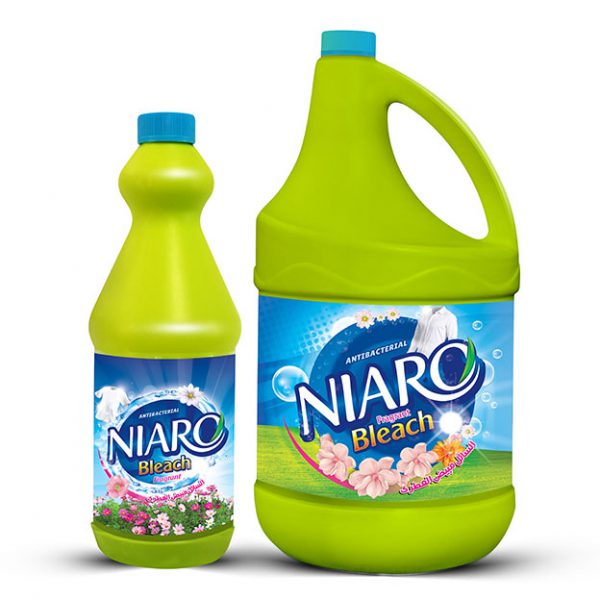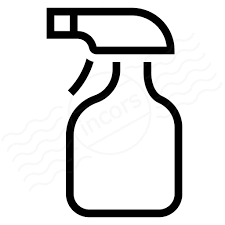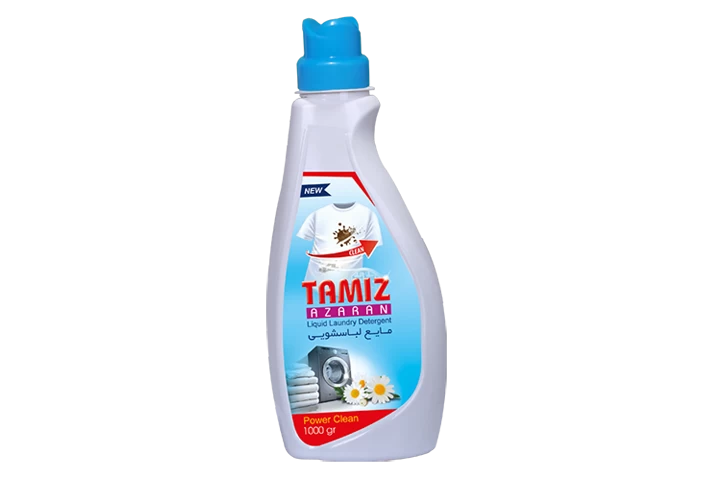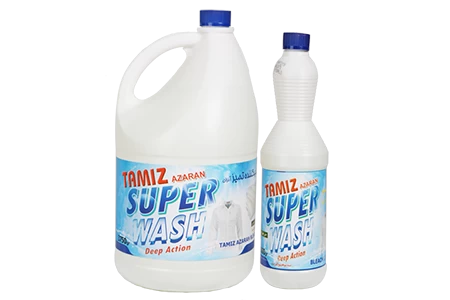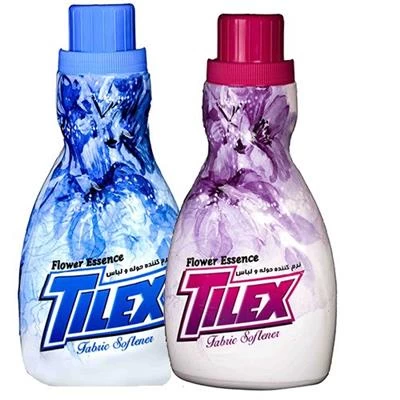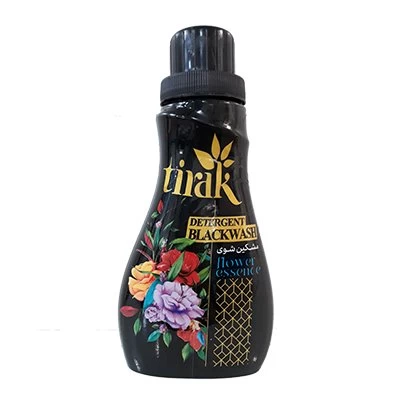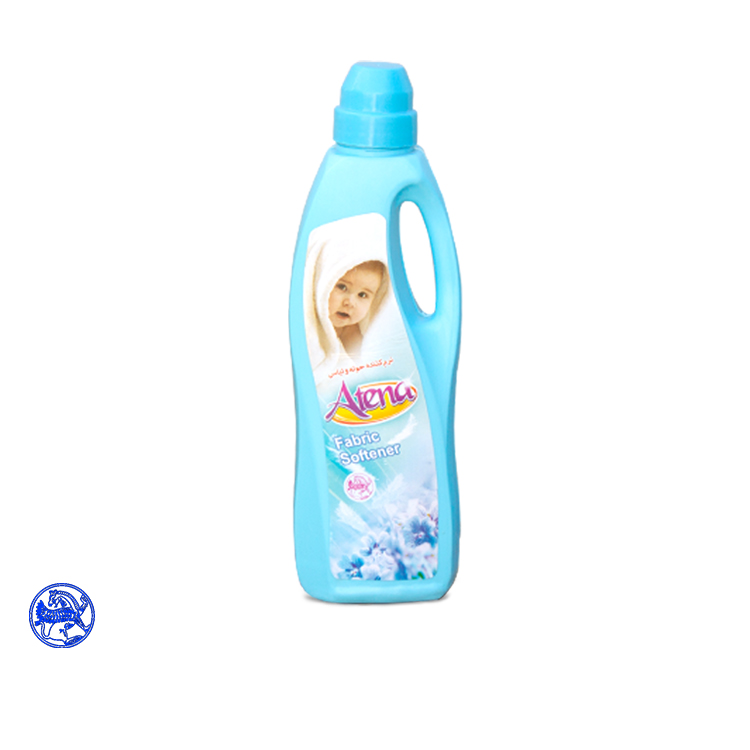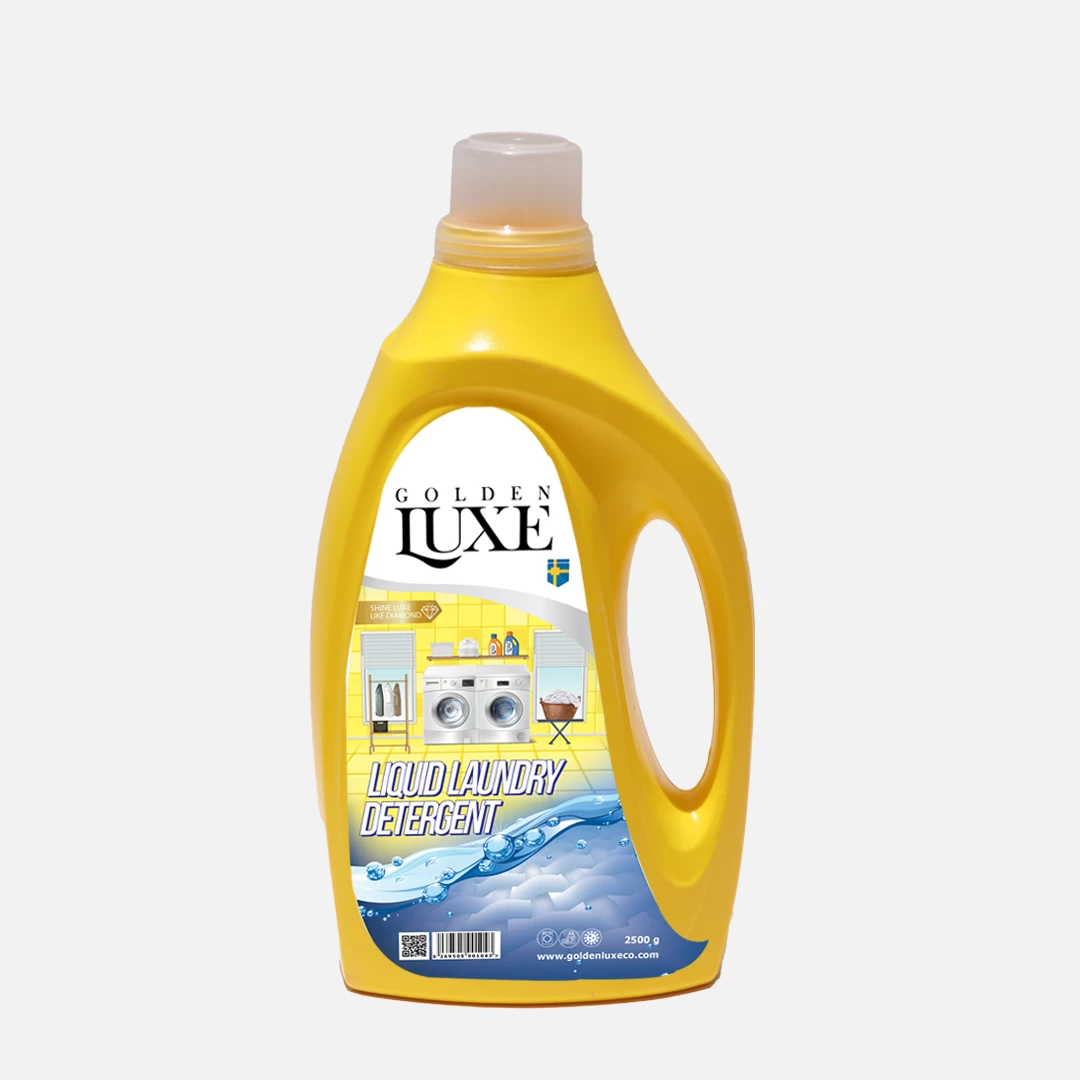laundry detergent
Laundry detergent is a cleaning agent used for washing clothes, linens, and other fabrics. It is designed to remove dirt, stains, and odors from clothing and textiles. Laundry detergents come in a variety of forms, including powders, liquids, and pods/packets.
The main active ingredients in laundry detergents are surfactants, which help lift and suspend dirt and grease from fabrics. Common surfactants used include anionic surfactants like sodium lauryl sulfate, as well as nonionic surfactants like alkylphenol ethoxylates. Detergents may also contain enzymes to help break down stains, optical brighteners to make clothes appear whiter, and fragrances.
Detergents can be formulated for different water temperatures, fabric types, and cleaning needs. For example, some detergents are designed for high-efficiency (HE) washing machines, while others are better suited for regular top-loading washers. Specialty detergents exist for delicates, activewear, baby clothes, and more.
In terms of environmental impact, there has been a trend towards more eco-friendly, biodegradable, and plant-based laundry detergents in recent years to reduce the use of harsh chemicals. Overall, choosing the right laundry detergent depends on personal preferences, budget, and the specific washing needs.
Here are some of the key benefits of using laundry detergent pods or packets:
1. Convenience: Detergent pods are pre-measured, pre-packaged, and ready to use. This makes them very easy and convenient to use compared to measuring out liquid or powder detergent.
2. Mess-free: Pods are self-contained, which prevents spills or messes that can sometimes happen with liquid or powder detergents. This makes them cleaner and easier to handle.
3. Accurate dosing: Each pod contains the optimal amount of detergent for a single load of laundry. This helps prevent using too much or too little detergent.
4. Prevents over-sudsing: Detergent pods dissolve quickly and completely, reducing the risk of excessive sudsing or leftover residue in the washing machine.
5. Portability: Pods are compact and easy to store, making them convenient for use when traveling or doing laundry outside the home.
6. Specialized formulas: Detergent pod products are available in a variety of specialized formulas for different fabric types, water temperatures, and cleaning needs.
7. Improved stain removal: Some detergent pods contain built-in stain removers or other additives to help tackle tough stains.

Overall, the main advantages of pods are their convenience, mess-free usage, and precise dosing - which can lead to more effective and efficient cleaning. However, they may be more expensive per load compared to bulk liquid or powder detergents.
There are a few potential downsides or drawbacks to using laundry detergent pods:
1. Cost: Detergent pods are generally more expensive per load compared to buying liquid or powder detergent in bulk. The convenience and pre-measured dosing comes at a premium price.
2. Environmental concerns: The plastic packaging and individual wrapping of detergent pods creates more waste than a large container of liquid or powder detergent. This makes pods less environmentally friendly.
3. Potential for accidental ingestion: Detergent pods can be a serious health hazard if ingested, especially by young children. Their bright colors and bite-sized appearance can be enticing to kids.
4. Dissolving issues: In some cases, pods may not fully dissolve or disperse in the wash, leading to leftover residue or undissolved detergent.
5. Limited customization: With pods, you're limited to the specific detergent formula in each pod. You can't customize the amount or type of detergent used per load like you can with liquid/powder.
6. Difficulty in pre-treating stains: It can be more challenging to pre-treat or prespot clothing when using detergent pods compared to liquid or powder detergents.
7. Storage concerns: Detergent pods can be prone to clumping or sticking together if not stored properly in a cool, dry place.
So while pods offer convenience, the higher cost, environmental impact, and potential safety risks are important downsides to consider. For some users, the benefits may outweigh the drawbacks, but it's a tradeoff worth evaluating.

Here are some more environmentally friendly alternatives to laundry detergent pods:
1. Liquid or powder detergent:
- Liquid and powder detergents generally have less packaging waste than individual pods.
- Many brands offer eco-friendly, plant-based, and biodegradable liquid and powder detergent options.
- You can also buy detergent in larger, refillable containers to reduce packaging.
2. Soap nuts or soapberries:
- Soap nuts are a natural, renewable, and compostable alternative to synthetic detergents.
- The saponins in soap nuts act as a natural surfactant to clean clothes.
- Soap nuts can be reused multiple times before needing to be replaced.
3. Castile soap:
- Castile soap is a vegetable-based, biodegradable, and gentle cleanser.
- It can be used as a laundry detergent, either on its own or combined with other natural ingredients.
- Castile soap has a very low environmental impact compared to conventional detergents.
4. DIY laundry detergent:
- You can make your own homemade laundry detergent using simple, natural ingredients like castile soap, washing soda, and borax.
- This allows you to control the ingredients and minimize waste.
- Recipes for DIY laundry detergent are widely available online.
5. Laundry strips or sheets:
- These are concentrated, dissolvable laundry detergent sheets or strips with minimal packaging.
- Many laundry sheet brands use plant-based, biodegradable ingredients.
- They can be a good compromise between the convenience of pods and the sustainability of powder/liquid detergents.
The key is to look for detergent alternatives that use plant-based, biodegradable ingredients and minimize packaging waste. This can significantly reduce the environmental impact compared to standard laundry detergent pods.


- Liquid and powder detergents generally have less packaging waste than individual pods.
- Many brands offer eco-friendly, plant-based, and biodegradable liquid and powder detergent options.
- You can also buy detergent in larger, refillable containers to reduce packaging.
- Soap nuts are a natural, renewable, and compostable alternative to synthetic detergents.
- The saponins in soap nuts act as a natural surfactant to clean clothes.
- Soap nuts can be reused multiple times before needing to be replaced.
- Castile soap is a vegetable-based, biodegradable, and gentle cleanser.
- It can be used as a laundry detergent, either on its own or combined with other natural ingredients.
- Castile soap has a very low environmental impact compared to conventional detergents.
- You can make your own homemade laundry detergent using simple, natural ingredients like castile soap, washing soda, and borax.
- This allows you to control the ingredients and minimize waste.
- Recipes for DIY laundry detergent are widely available online.
- These are concentrated, dissolvable laundry detergent sheets or strips with minimal packaging.
- Many laundry sheet brands use plant-based, biodegradable ingredients.
- They can be a good compromise between the convenience of pods and the sustainability of powder/liquid detergents.
FAQs
What are the main ingredients in laundry detergent?
The main ingredients in laundry detergents are surfactants, enzymes, optical brighteners, and fragrances.
What is the difference between regular and high-efficiency (HE) laundry detergent?
HE detergents are specially formulated to produce less suds, which is important for high-efficiency washing machines that use less water.
How can I make my laundry detergent more environmentally friendly?
Use plant-based, biodegradable detergents, opt for powders/liquids over pods, and consider natural alternatives like soap nuts or homemade recipes.
What is the proper way to dose laundry detergent?
Follow the usage recommendations on the detergent packaging, as using too much can lead to excessive suds and residue.
 +7929688-88-14
+7929688-88-14

 English
English
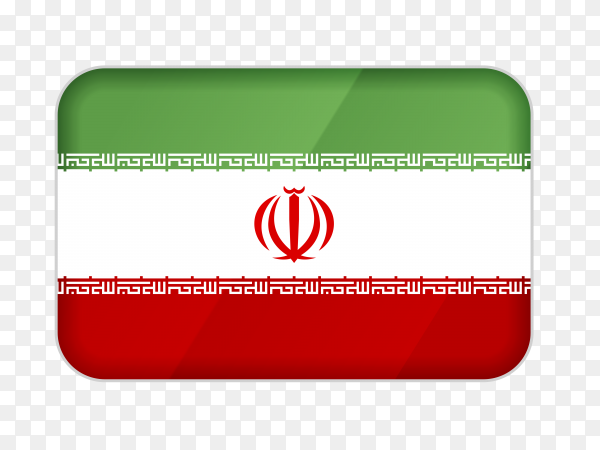 Persian
Persian
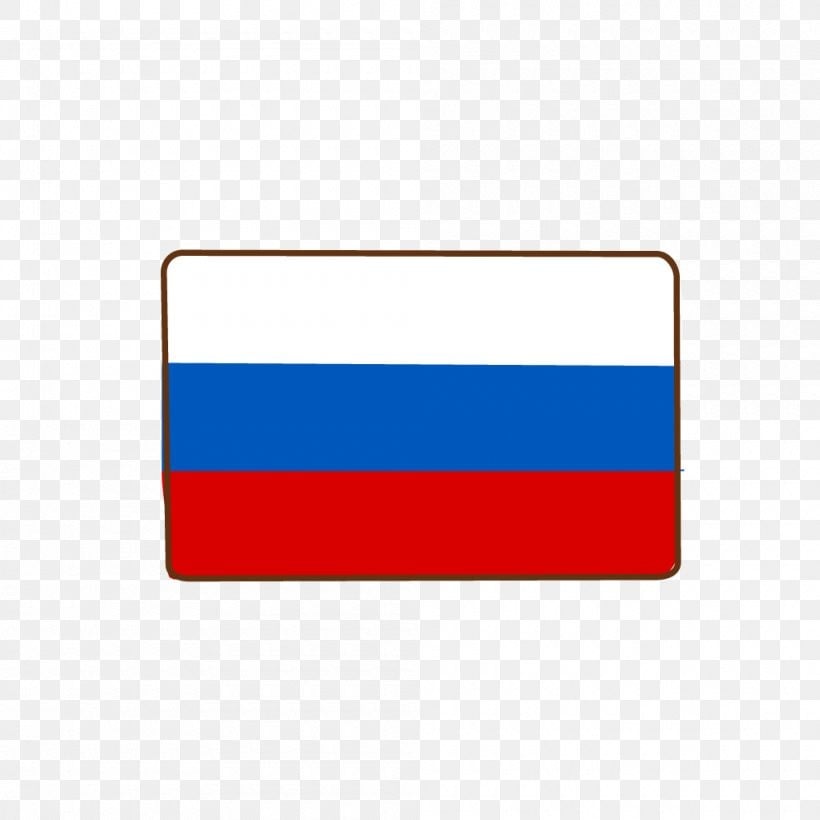 Russian
Russian
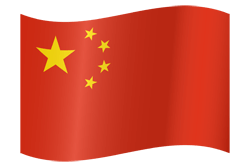 Chinese
Chinese


 +7929688-88-14
+7929688-88-14

